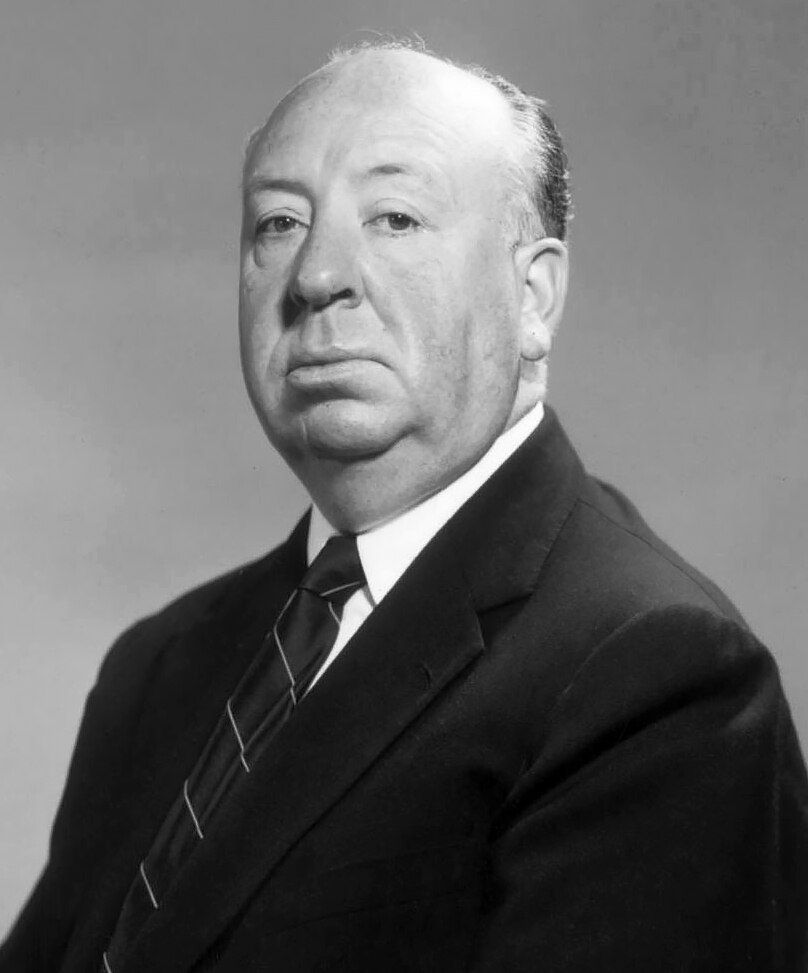'Tales from Alternate Earths III' review
- Sea Lion Press
- Sep 22, 2021
- 3 min read
By Alex Wallace
Gary Oswald, this blog’s editor, once called Inklings press a sister publisher to Sea Lion Press. It’s a fair thing to say, for two reasons. The first is that they’re the only other indie publishing house that puts out as much alternate history as they do. The second is that there has been a significant overlap in authors between the two presses. Sidewise Award Nominee Matthew Kresal is the most prominent, but by his side is Brent A. Harris, one of the creative minds behind Inklings. Both are valued members of both communities.
It is with great pleasure, then, that I review Tales from Alternate Earths III, newly published by Inklings. It is the most recent of their alternate history anthology series, a rare thing in the genre, rivaled only by this very publishing house. In this sort of enterprise, competition builds interest, so those of us in the genre should be nothing but happy to see another hat thrown in this rather small ring.
What impresses me about the anthology, rather than any individual story, is the sheer diversity of the stories collected. This isn’t a themed anthology, like those published by Sea Lion Press, so you get a menagerie of alternate worlds that span the entire genre. Some are fantastic and others are more mundane. Some are relatively close to the present, and others are millennia ago. It’s an opaque goodie bag, but its contents are oh so sweet.
Matthew Kresal came out swinging with his story Hitchcock’s Titanic, about a world where Alfred Hitchcock succeeds in collaborating with David O. Selznick in making a film about the famed maritime disaster in the 1930s. This is one of the few works of cultural alternate history that I have read in published form, and it is a sterling example of how to do such a story well. Kresal focuses on the people involved, Hitchcock, Selznick, and others, who brought such a massive undertaking to life. It is a story filled with little anecdotes, and, unlike too much textbook-style alternate history, it is never dry.
Brent A. Harris does another cultural alternate history, this time removing rather than adding a film from the history of cinema. In this case, he has axed Jurassic Park. His story is about the ups and downs of the public’s attention span, and how those with money decide what is or isn’t worthwhile in their eyes. It is the story of a palaeontologist who has to compete with archaeology for funding. It is also a testament to the power of stories, strange as it may seem in that context.
I won’t review every story; I want the reader to have the pleasure of discovering them themselves. However, there is one other story I will briefly profile: Steel Serpents by Ricardo Victoria. It is set in a world where Alexander the Great conquered Rome and fused Greece and Rome into a two-headed empire. More directly, the story concerns an invention that changes the balance of power throughout the Mediterranean, and is awash with myriad implications. It was one of my favorite stories in this anthology.
So here you have them: a myriad of doorways to wondrous and sometimes explosive worlds (one quite literally so). With this book, Inklings Press has shown them to be a leader in the alternate history genre, and any fan thereof should follow their doings and their progress.





Comments